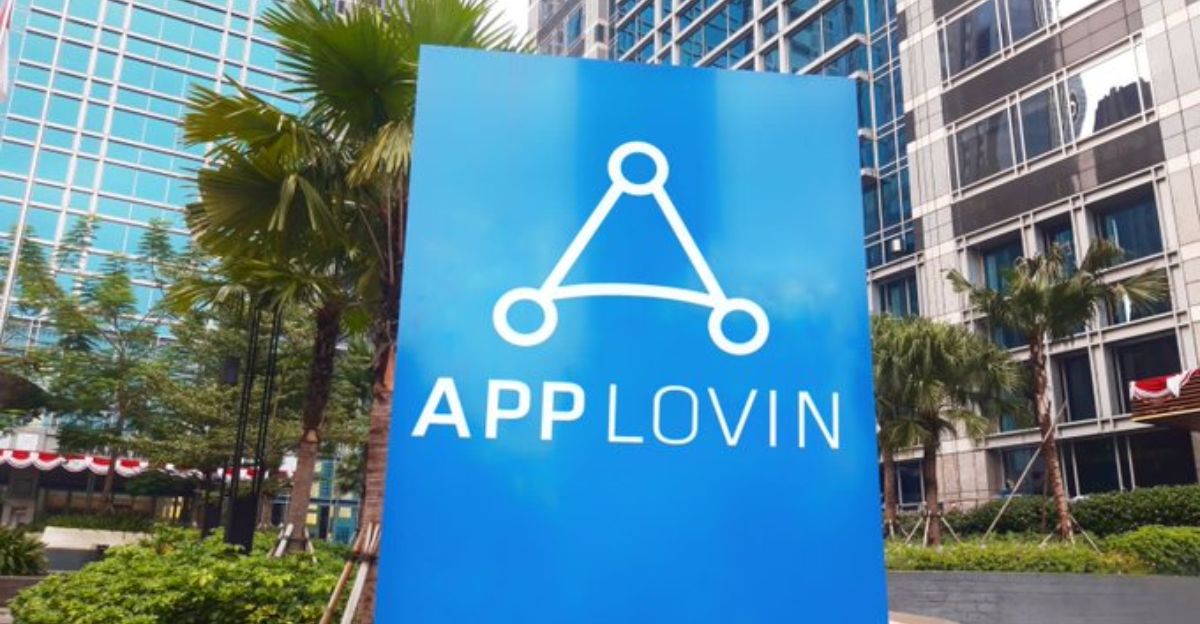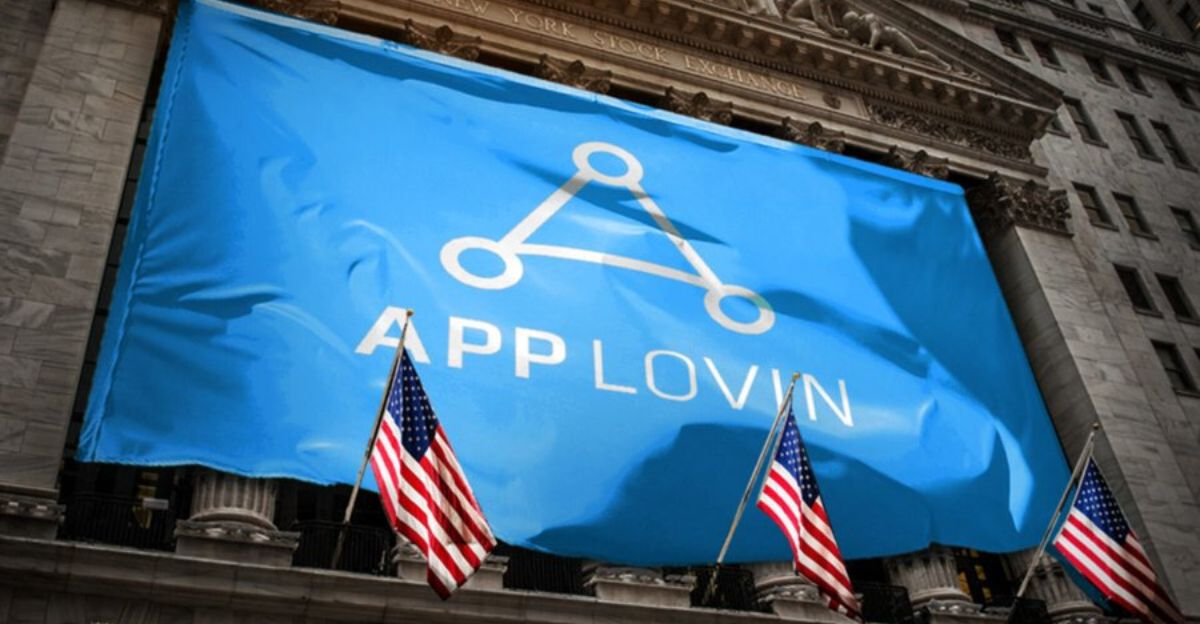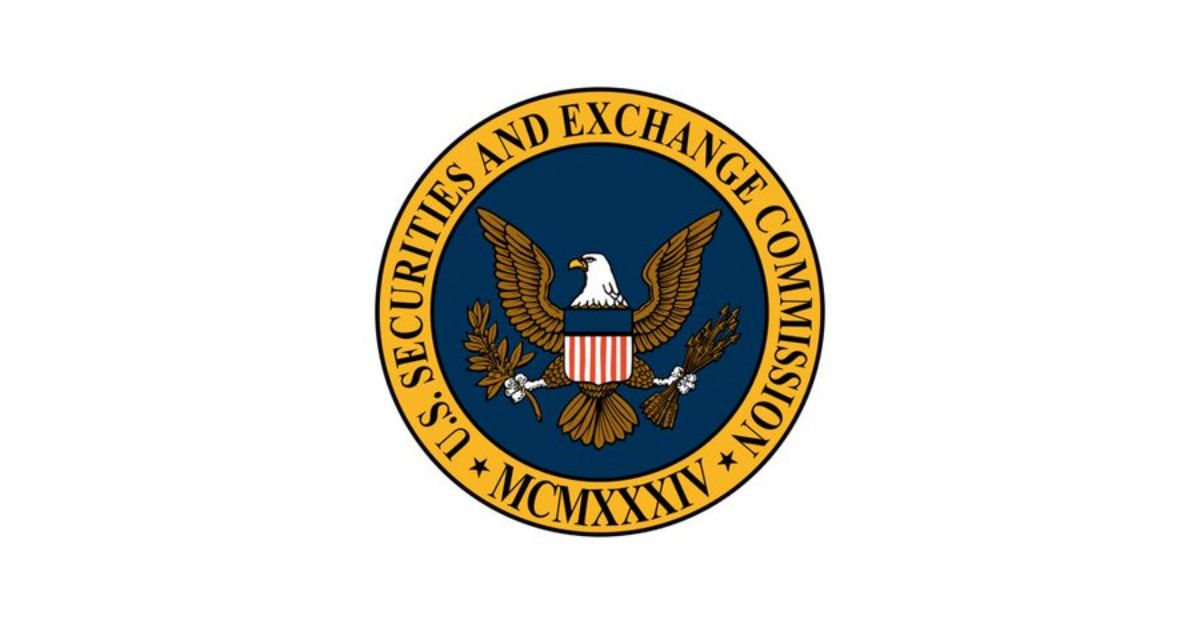
On October 6, 2025, AppLovin’s stock plunged 14%, erasing approximately $33 billion in market value as the U.S. Securities and Exchange Commission confirmed an active probe into the company’s data collection methods. Shares closed at $587 amid swirling reports of alleged data practices that may have breached service agreements with major platforms like Apple and Google.
“The SEC is examining whether AppLovin used unauthorized tracking methods to deliver targeted ads,” sources said. CEO Adam Foroughi lost $3.4 billion in net worth on paper due to the stock decline.
The key question now is how this regulatory scrutiny will affect AppLovin’s relationships with platform partners and its standing in the ad-tech market.
Bloomberg’s Report Ignites the Fire

Bloomberg broke the story on October 6, 2025, announcing an SEC probe into AppLovin’s potential breaches of contracts with Apple, Google, and Meta. The investigation stems from a 2025 whistleblower complaint and short-seller reports.
Despite no official charges yet—complicated by a federal government shutdown—the announcement rattled investors. The story’s fallout reveals how regulatory uncertainty can disrupt markets instantly.
Rapid Crisis Timeline Unfolds

The SEC investigation news sent AppLovin shares tumbling during trading hours on October 6, resulting in a 14% loss by market close that same day. Within 48 hours, DJS Law Group announced an investor securities fraud probe.
This legally charged atmosphere cast a long shadow over the company’s credibility.
What ‘Illegal Data Harvesting’ Means Here

The probe centers on breaches of service agreements, not federal privacy laws. AppLovin’s use of “fingerprinting”—a tracking method banned by Apple’s App Store and restricted by Google—raises questions about contract violations.
This legal focus on compliance rather than statutory crimes complicates the case. The next slide reveals who bears the brunt of these sudden losses.
Executive Fortunes Take a Hit

AppLovin’s approximately $33 billion value drop hit top executives hard: CEO Adam Foroughi lost $3.4 billion in net worth, while Andrew Karam and John Krystynak saw declines of $460 million and $540 million respectively.
Institutional investors like Tiger Global, Coatue, and KKR also suffered heavy paper losses, far outpacing broader market trends. How the legal aftermath intensified is the story ahead.
Litigation Surge Begins

Law firms quickly mobilized, inviting AppLovin shareholders to join class-action suits over alleged nondisclosures and misleading claims about data practices. DJS Law Group grounded its case in ongoing SEC scrutiny.
Litigation risks added a costly layer to the corporate crisis.
Legal Response and Internal Reviews

AppLovin engaged Quinn Emanuel Urquhart & Sullivan, headed by Alex Spiro, first to assess short-seller allegations, then to manage regulatory risks. The company reaffirmed ongoing dialogue with regulators.
No indication yet of operational bans from partners like Apple or Google, but the increased oversight foreshadows prolonged legal battles. Partners’ stance on compliance issues follows next.
Platform Partners’ Compliance Dilemma

Apple, Google, and Meta are scrutinizing AppLovin’s software for possible breaches of their tracking policies. Apple bans fingerprinting outright; Google limits it to connected TV, complicating compliance assessments.
Meta’s silence amid allegations of unauthorized data extraction fuels speculation. These partners’ responses will significantly influence the ad-tech landscape.
Advertisers Face Uncertainty

Brands using AppLovin’s platform hesitated to continue campaigns amid the probe, weighing options to pause or switch vendors. Thousands of apps rely on AppLovin’s SDKs, creating widespread market ripple effects.
Unity Software noted increased client inquiries for alternatives, though most clients await clearer information. The advertising ecosystem braces for potential shifts in vendor loyalties.
Rival Firms Capitalize on Opportunity

Competitors like Unity Software’s LevelPlay and Digital Turbine position themselves as compliant, privacy-respecting alternatives. They seek to attract clients unsettled by AppLovin’s regulatory woes.
Despite technical hurdles in SDK integration, rivals are gaining momentum, signaling evolving market dynamics in ad technology.
SEC Investigation: Only the Beginning?

The SEC focuses on securities law compliance, examining the truthfulness of AppLovin’s disclosures about data practices. Meanwhile, the FTC and some state attorneys general suggest broader regulatory scrutiny ahead.
No active FTC or state investigations have been announced yet, but the threat of multi-agency probes looms, potentially escalating challenges for AppLovin.
Potential GDPR Penalties Loom Large

In Europe, violations of GDPR could lead to fines up to 4% of global revenue. If EU regulators confirm breaches in AppLovin’s data collection, the company faces immense fiscal exposure beyond U.S. actions.
The global risk dimension intensifies scrutiny.
Short-Sellers Fuel Controversy

Short-sellers such as Fuzzy Panda, Culper Research, and Muddy Waters published reports accusing AppLovin of using unauthorized data tracking in early 2025. AppLovin’s CEO dismissed these as “false narratives” designed to profit.
The firm commissioned independent reviews to counter these claims, revealing a public relations battle that intertwined with regulatory and market pressures.
Governance Failures Under the Microscope

The whistleblower alleges internal compliance issues were ignored or unresolved. The SEC will investigate the board and audit committee’s knowledge and disclosure timing, essential for investor protections.
Failing oversight could lead to lawsuits or enforcement actions, raising accountability questions at the highest corporate levels.
Small Firms Face Existential Risks

Rising compliance demands and regulatory costs threaten smaller ad-tech firms lacking AppLovin’s resources. Many may fold or become acquisition targets, accelerating industry consolidation.
Unequal regulatory burdens risk shrinking the marketplace and reducing innovation diversity, hinting at long-term structural changes.
Investor Advice – Prepare and Document

Shareholders considering participation in AppLovin-related class-action lawsuits must act quickly. Motions for lead plaintiff status must be filed within 60 days of the initial complaint, with no extensions allowed.
Investors should compile full trade records and document potential losses during the relevant class period to establish standing and preserve rights for possible recovery under the Private Securities Litigation Reform Act of 1995.
App Developers Urged to Audit Now

App developers using AppLovin’s SDK are advised to immediately review compliance with Apple and Google platform rules, focusing on data collection, user tracking, and privacy disclosures. Platform policies evolve rapidly, and Apple requires detailed privacy transparency for apps.
The SEC investigation into AppLovin emphasizes the need for developers to ensure SDK integrations do not introduce regulatory or contractual risks.
Upcoming 90 Days

The next 90 days mark a pivotal period for AppLovin as the SEC investigates alleged violations of platform agreements and unauthorized data practices. Investigations can last six to eighteen months or longer.
Possible outcomes range from settlements and fines to enforcement actions or dismissal, with resolution likely to affect AppLovin’s business partnerships, market confidence, and broader ad-tech industry dynamics.
Data Practices Now Market-Moving Events

AppLovin’s $30 billion market value loss in a single day underscores how regulatory scrutiny over data practices can trigger immediate, severe financial consequences. The SEC probe, whistleblower claims, and platform partner uncertainty highlight risks that extend beyond legal liability to operational disruption, investor confidence, and industry dynamics.
The situation also accelerates demand for privacy-preserving technologies and reshapes competitive pressures. For shareholders, developers, and ad-tech firms, compliance is now a market-moving factor—proving that in today’s digital economy, robust data governance is as critical as revenue growth.